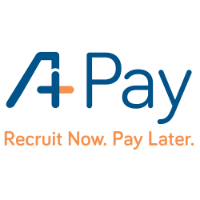So your interview is going well and then the feared question comes up “how would you describe your weaknesses’”
This is a common question often asked by interviewers as it shows how self-aware you are and will immediately tell your interviewee if you are humble or disingenuous in your response. It is important to remember that even though the question is about your weaknesses, your response should always be positively focused and highlight your skills and abilities, answering this question correctly can significantly boost your chances of landing the job!
It’s all about how you handle yourself when answering this question, if you want a strong sounding response that holds substance then go with a point that you’ve already taken steps to improve on. For example “I don’t delegate enough however I have signed myself up for a leadership course to help tackle this weakness”. This response shows growth and development and highlights commitment to progress which is aspired in any organisation.
Additionally, you need to consider the role you’re interviewing for and answer the question accordingly. If your weakness heavily relies on delegating and managing a team then don’t speak about how you struggle with coordinating staff and giving feedback. You landed the interview based on your previous experiences and expertise, you then don’t want your interviewer then questioning that based on your response.
Employers want someone who can tell the truth and are upfront. “I’m a workaholic”, “I’m a perfectionist” or “I don’t have any weaknesses” makes you sound less sincere and can send signals to your interviewer that you can be difficult to work with. If you start your interview off with a lie it does not lay a good foundation for a working relationship and the lie often comes up to bite you later on. Someone who thinks there is no room for positive change and learning come off as stubborn, at the end of the day there is ALWAYS something to improve on and employers respect you more and are often willing to help you overcome your weakness.



